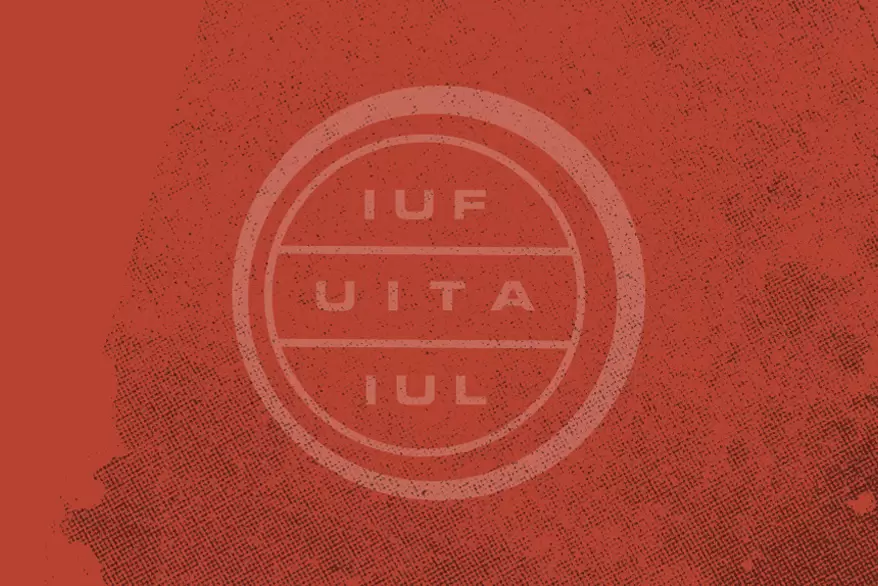A recent BBC documentary about gender-based violence and harassment (GBVH) on Kenyan tea plantations identified their owners and illustrated which brands sourced the tea being sold in British supermarkets and shops. Though it was not commented upon in the film, all the boxes of tea featured the ubiquitous frog logo of the Rainforest Alliance (RA), meaning that the plantations should have been compliant with the organization’s standard on sustainable agriculture. The preamble to the standard states that:
‘Child labor, forced labor, discrimination, and workplace violence and harassment have never been—and will never be—tolerated by the Rainforest Alliance. We’ve learned through many years of experience that simply prohibiting these human rights violations in our standard is not enough.’
The standard itself includes strict requirements on workers’ rights including those that are based on core ILO Conventions as well as Convention 190 on violence and harassment in the world of work.
Following shocking revelations in the documentary about the widespread practice of male managers demanding sexual favours from women in return for a job, RA issued a press statement saying that they were ‘deeply concerned’, that they were taking the matter ‘very seriously’ and that they were issuing a call for sector-wide engagement ‘to tackle rampant sexual abuse in the global tea sector’. They went on to say that ‘the safety and wellbeing of women and all workers is of the utmost importance, and thus is an integral part of our certification program, and our mission.’ Unfortunately for them, anybody who has been involved in tea production knows full well that the industry is a byword for exploitation and misery. Why then did Rainforest audits not identify sexual harassment?
The Dutch NGO, SOMO (Centre for Research on Multinational Corporations) previously investigated the practice of sex for jobs on tea plantations as far back as 2007. New research in 2011 and a documentary in 2013 highlighted continuing sexual harassment on Unilever’s African tea operation until they sold the business in 2021. In 2015, the BBC produced a report on tea gardens in Assam where workers lived on site in appalling conditions without adequate sanitation, leaving them vulnerable to illness and disease. Their wages were so low that many were suffering from malnutrition, and there was also incidence of exposure to dangerous pesticides in addition to some use of child labour. What they had in common with the Kenyan plantations was that they too were all certified by RA who said that they were managed according to ‘rigorous criteria’ designed to protect workers, their families, and local communities.
As recently as 2020, RA themselves commissioned a study by Ergon Associates into Kenyan tea production. Among other issues such as the impact of mechanization and low wages, the study highlighted the prevalence of GBVH and the inadequacy of existing grievance procedures; however, even that was not enough to make RA think about withdrawing or suspending their frog seal of approval that millions of consumers in the UK and elsewhere believe to be an endorsement of good employment practices.
What RA is good at is making money. In 2021, their annual revenue was USD 39 million which is a fine return for doing very little other than putting their mark on a wide variety of agricultural products, including tea. For the workers, there is no benefit whatsoever. On the contrary, endorsement by RA can make matters worse because once a company is given certification, regardless of how bad they are, there is no incentive for them to make any improvements. Experience tells us that the only way tea workers can improve their lives and be treated with respect is by forming and organizing independent trade unions to collectively fight for better conditions at the workplace, including zero tolerance of all forms of bullying and harassment. As for the Rainforest Alliance, on this evidence, shouldn’t consumers be asking what the logo really guarantees?
